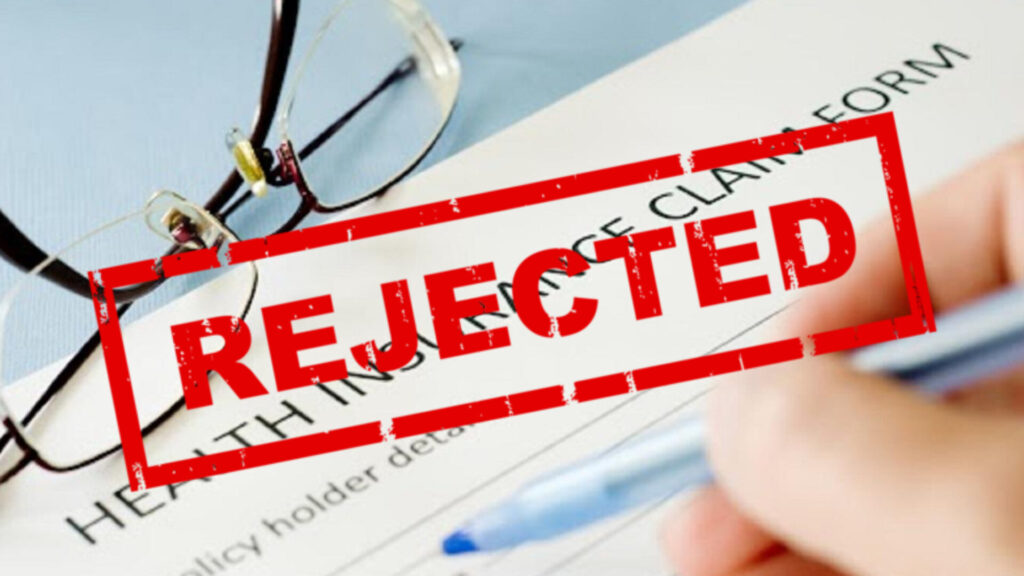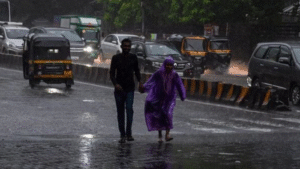Cashless Claim Rejected? Here’s Why It Happens and What You Can Do

Cashless Claim Rejected? Here’s Why It Happens and What You Can Do
Health insurance is supposed to give you peace of mind when life throws an emergency at you. Most people believe that with a cashless policy in hand, they won’t have to worry about hospital bills. But reality can feel very different when, at the admission desk, you suddenly hear the words: “Your cashless claim has not been approved.”
In that moment, when your loved one urgently needs treatment, the stress is overwhelming — both emotionally and financially. The important thing to remember, though, is that a rejected cashless claim doesn’t mean your insurance has failed you. More often than not, it comes down to paperwork, timelines, or policy rules. And even if cashless doesn’t work out, you still have the option of reimbursement.
Common Reasons Why Cashless Claims Get Denied
1. Late Intimation to the Insurance Desk
For planned admissions, the insurer must be informed at least 48 hours in advance. For emergency admissions, the hospital should notify within 24 hours.
Missing this timeline can lead to rejection.
2. Mismatch in Documents
Even small discrepancies in your Aadhaar card, insurance policy, or hospital records (like spelling of name, age, etc.) can create problems during approval.
3. Policy Waiting Periods
If the illness you are being treated for falls under your policy’s waiting period or exclusion list, the insurer will not approve cashless treatment.
The Hospital and TPA Factor
Sometimes, hospitals or TPAs (Third Party Administrators who handle claims) delay or complicate the approval process. While not always intentional, certain hospitals prefer upfront cash payment and may highlight document “errors” to avoid waiting for insurer clearance.
What You Can Do If Your Claim is Rejected
Stay Calm and Ask for Written Reasons – Always request a written explanation for the denial.
Contact Your Insurance Company Directly – Call the customer care helpline and share the situation immediately.
Communicate with Both Hospital and TPA – Keep all parties in the loop to avoid misunderstandings.
Reimbursement as a Backup
If cashless approval still doesn’t come through, you can pay the bill yourself and later submit all original bills, discharge summaries, and documents to the insurance company. This process is called reimbursement claim, and it ensures you still get covered.
Be Financially Prepared
Even with insurance, it is wise to keep at least ₹25,000–50,000 available in cash or as a credit card limit for emergencies. This buffer helps in situations where immediate payment is required.
Understand your policy terms, exclusions, and procedures well. Being aware of your rights helps you avoid unnecessary panic and ensures you take the right steps when a claim is delayed or denied.
Disclaimer: This article is meant for general information only. It’s not financial or legal advice. Health insurance works differently depending on your insurer, your plan, and your personal situation. Always go through your policy documents carefully, and if you’re unsure, check with your insurance company or a trusted advisor for guidance that fits your case.












